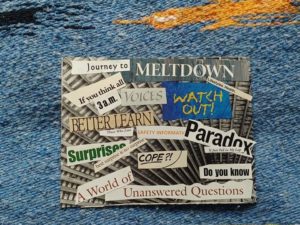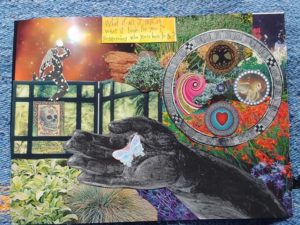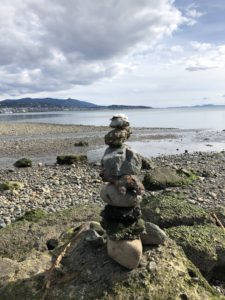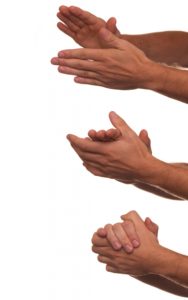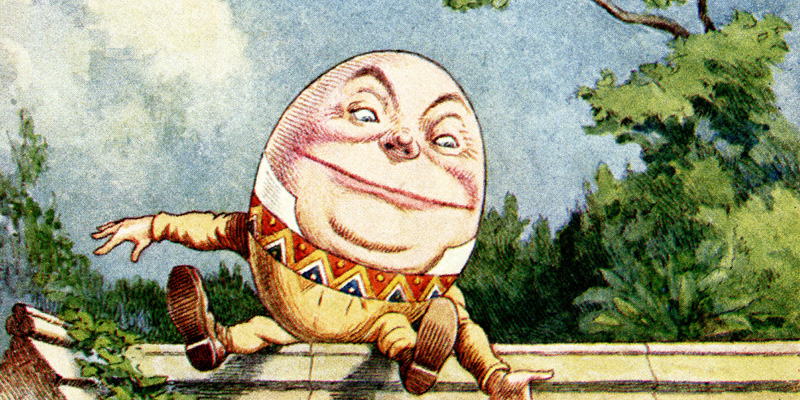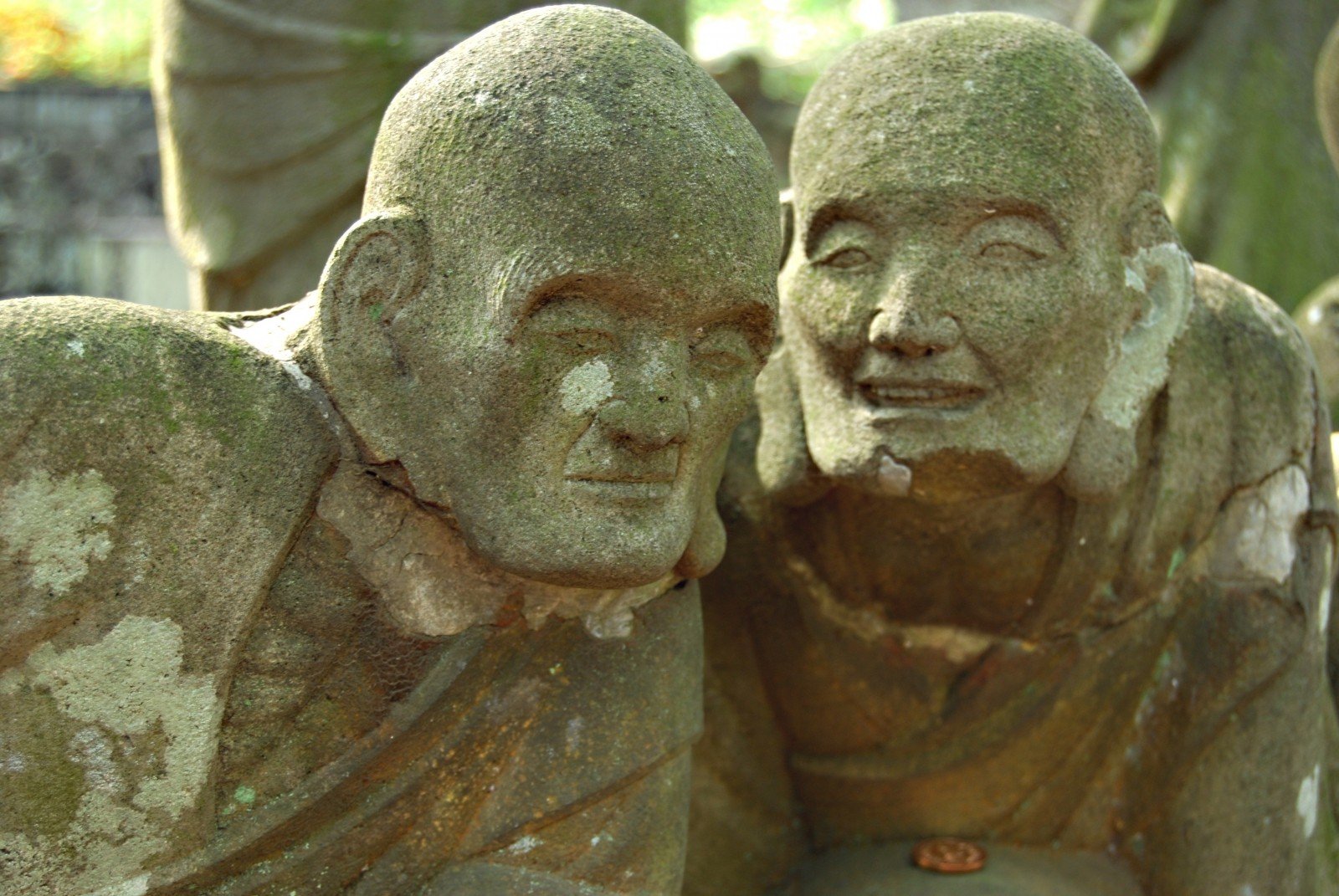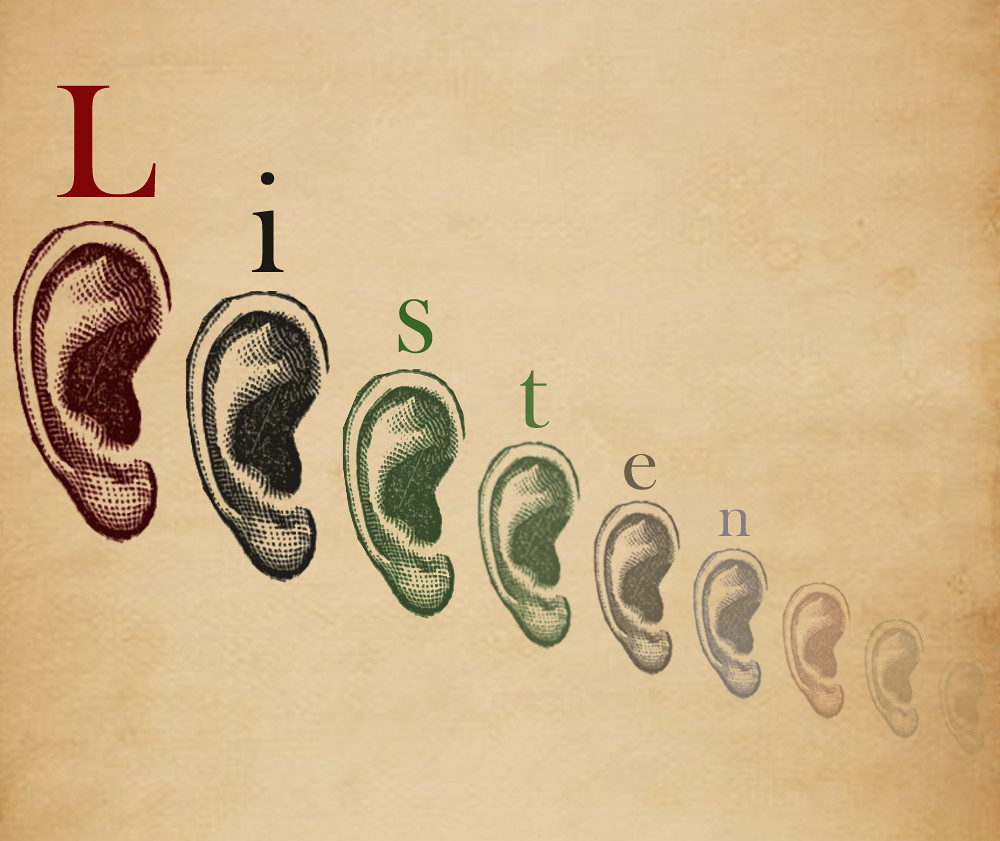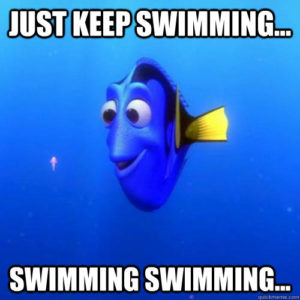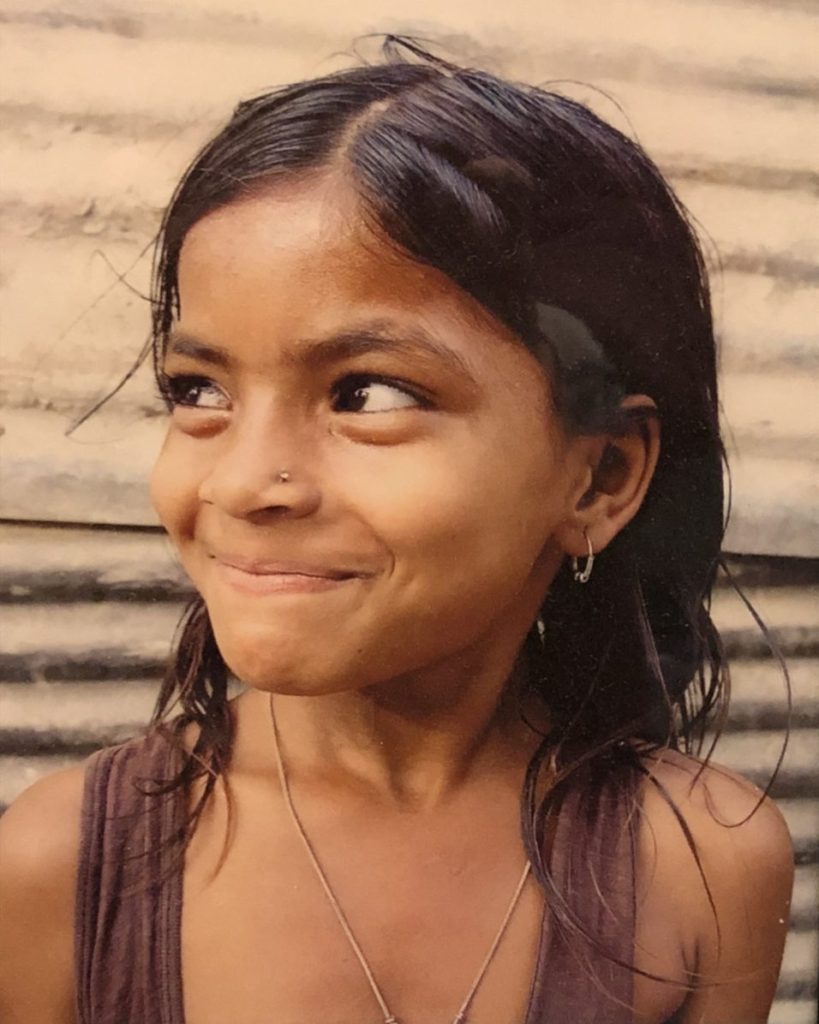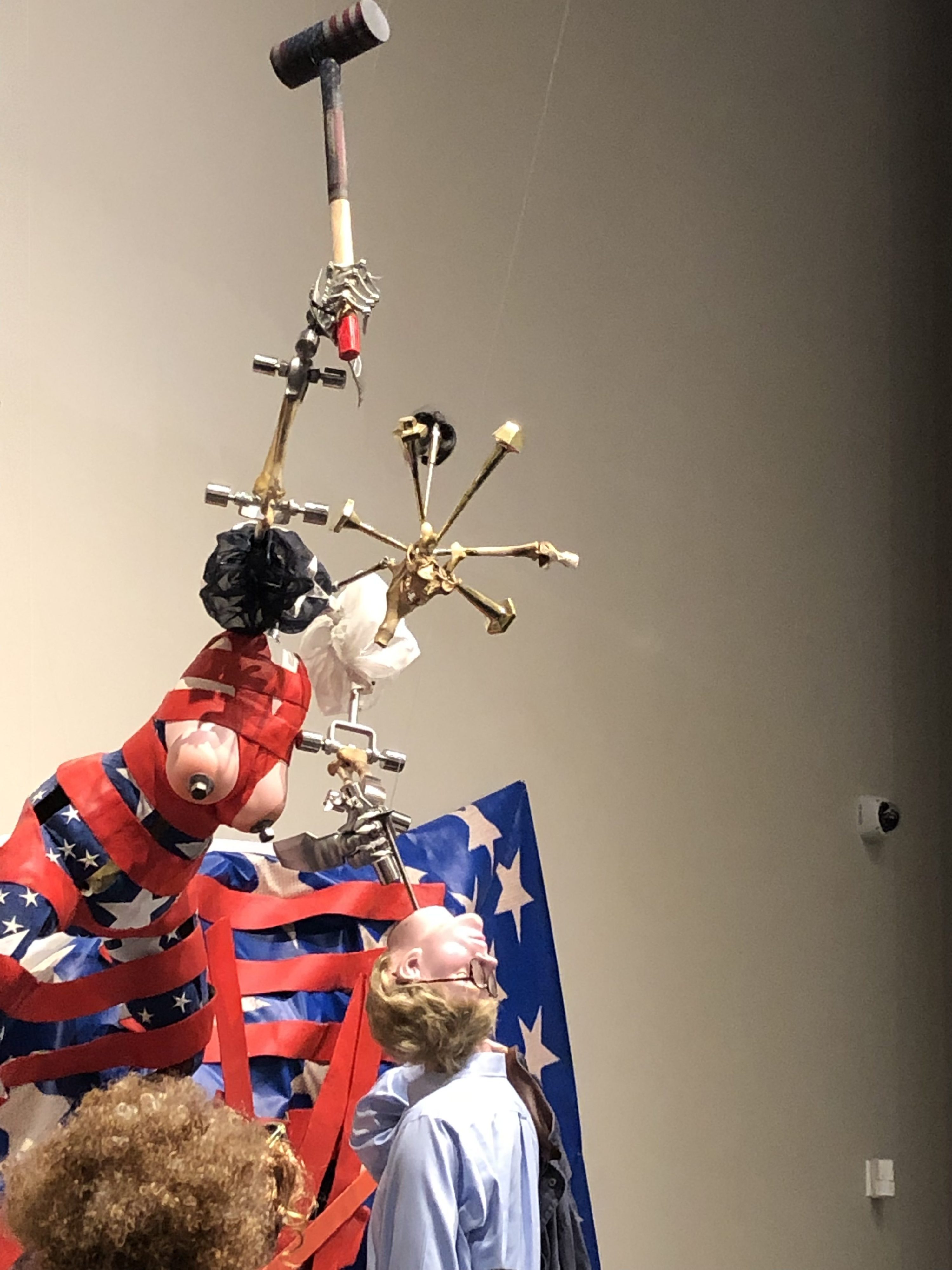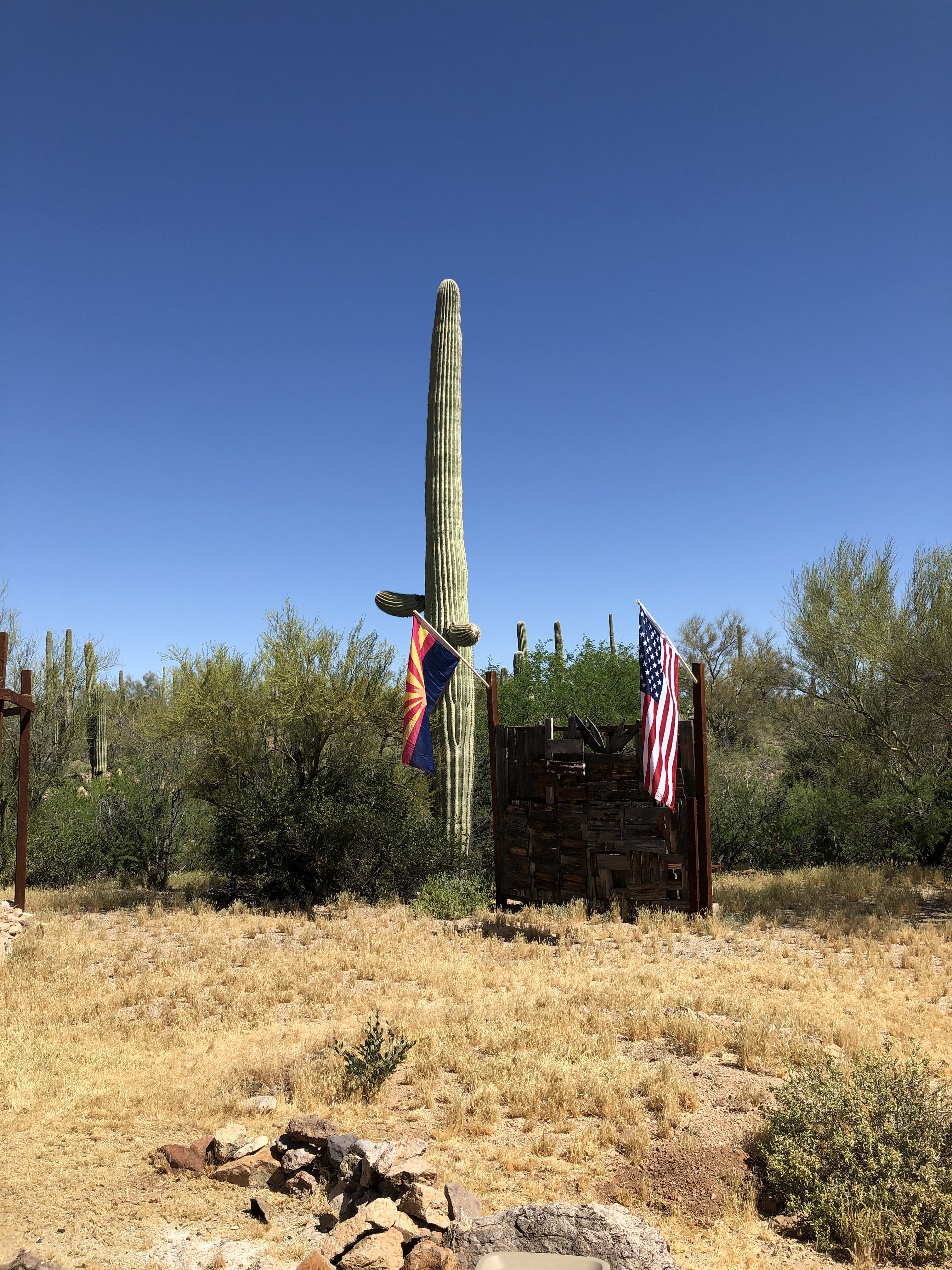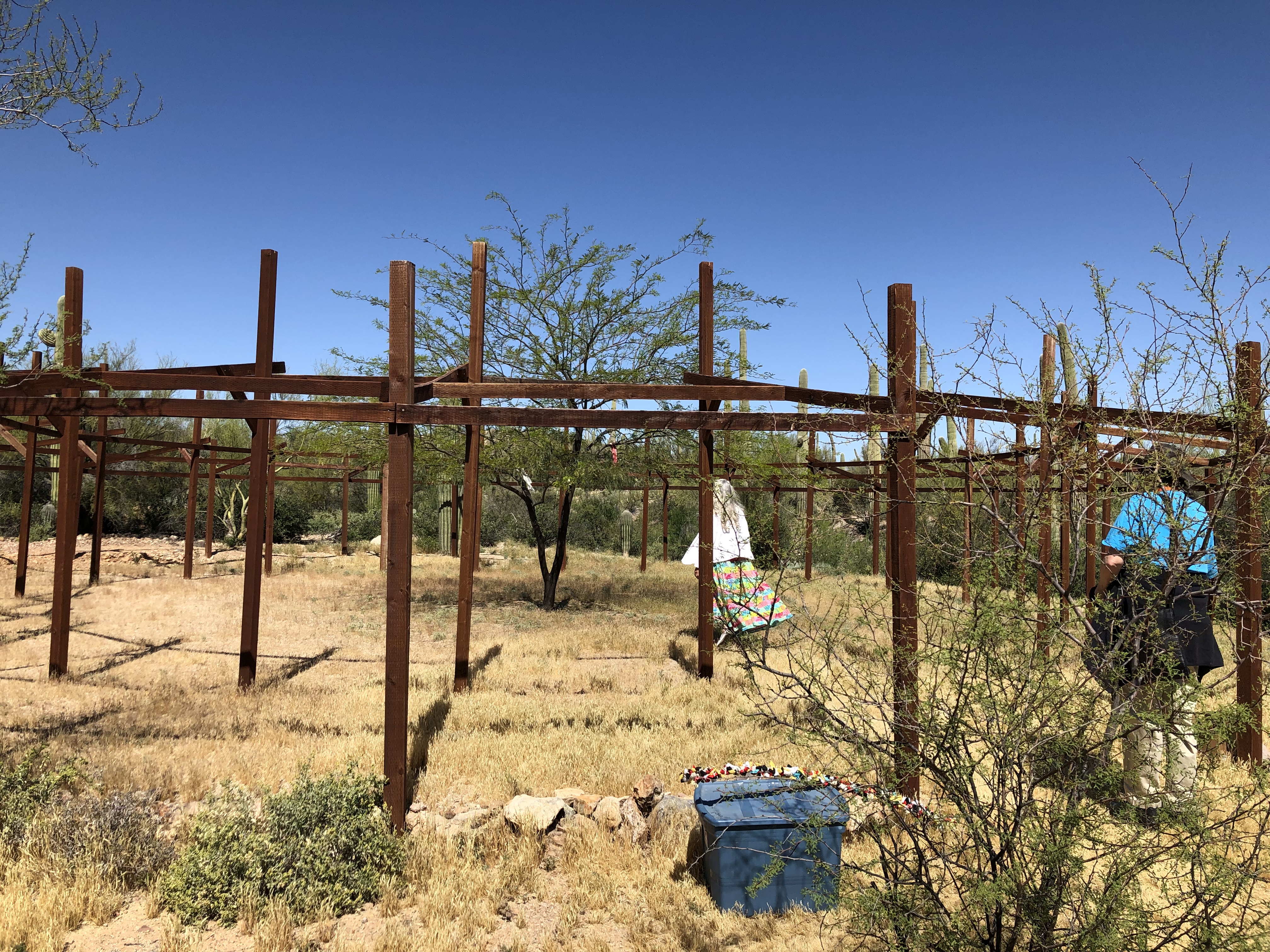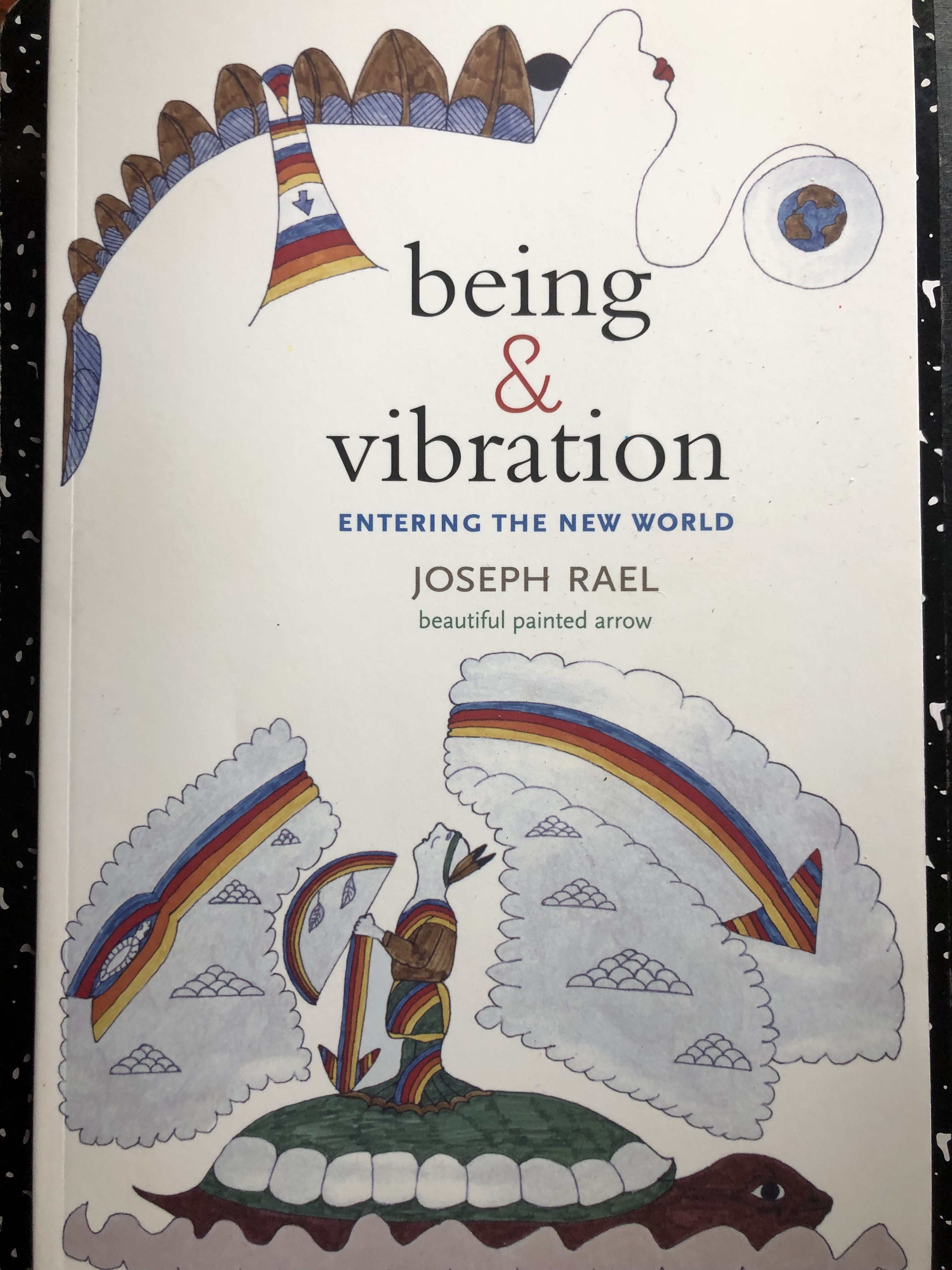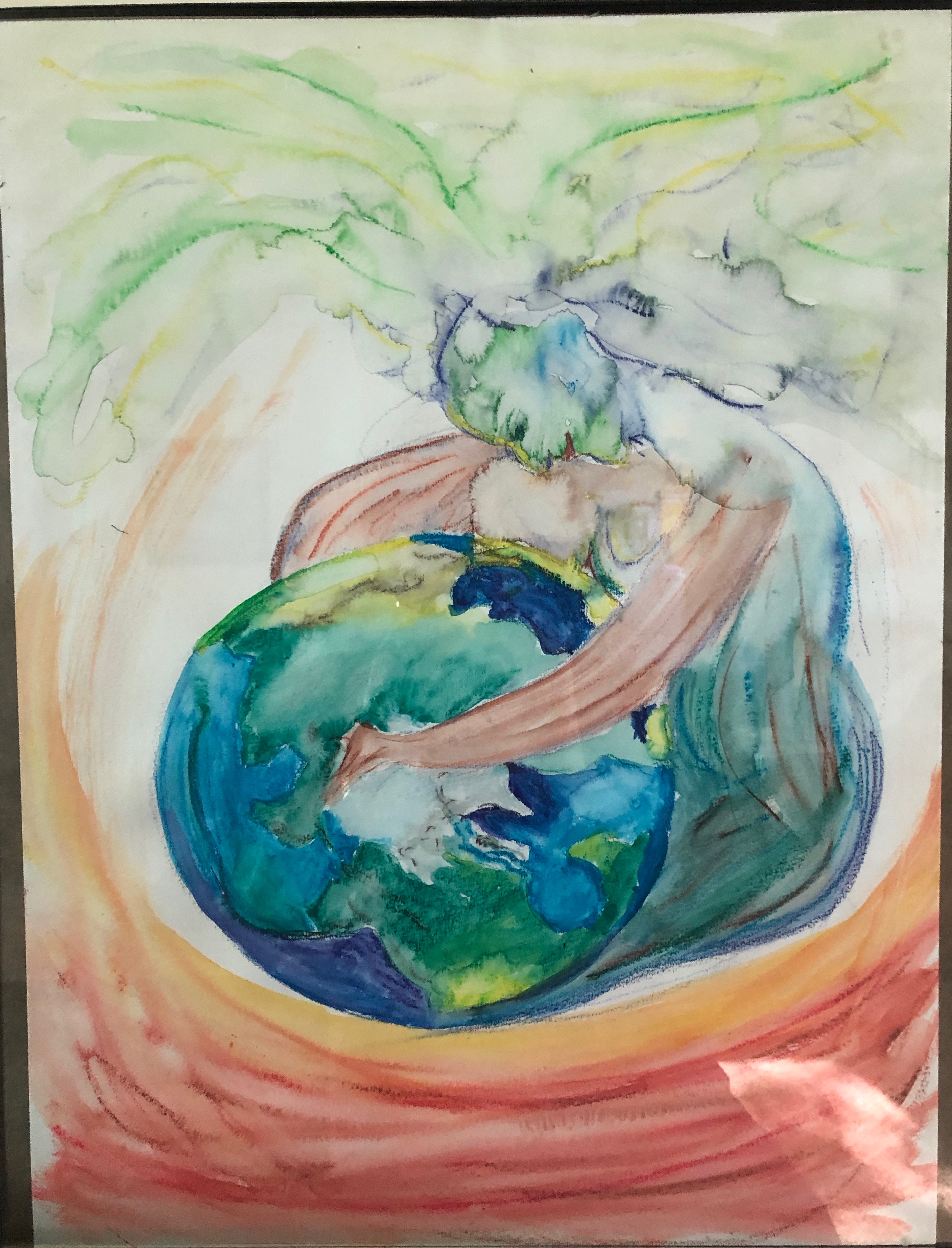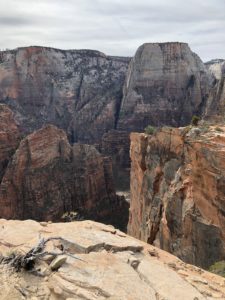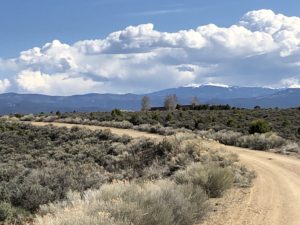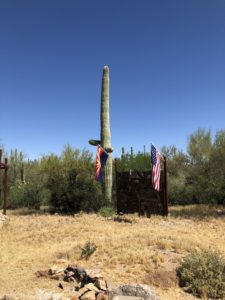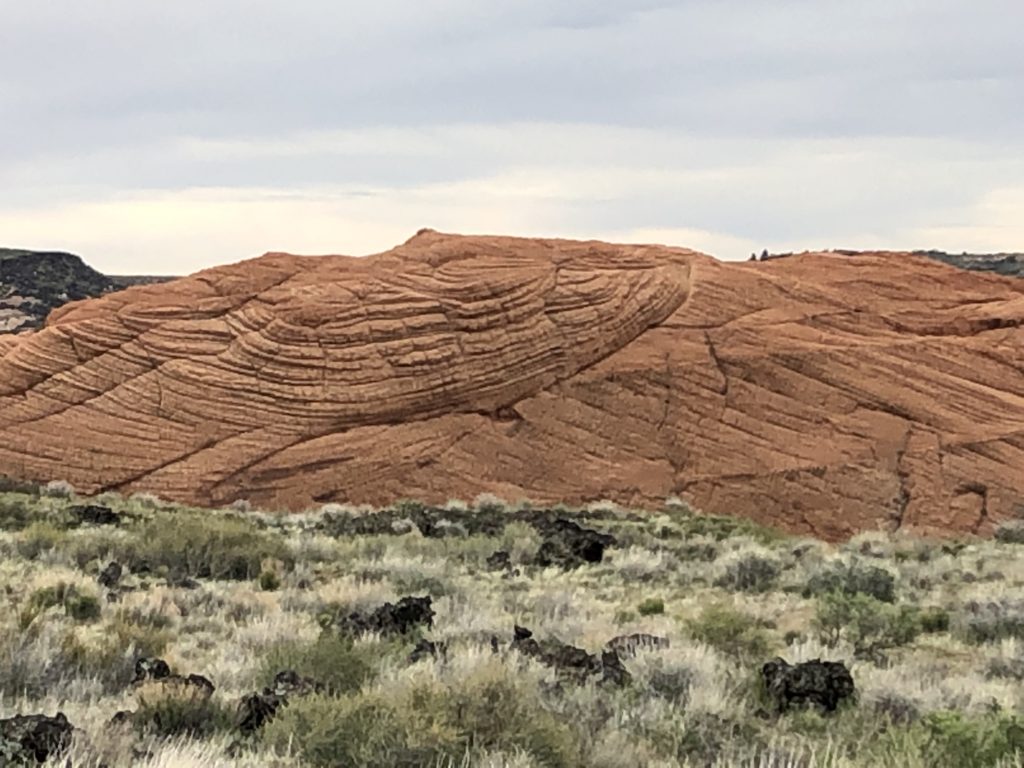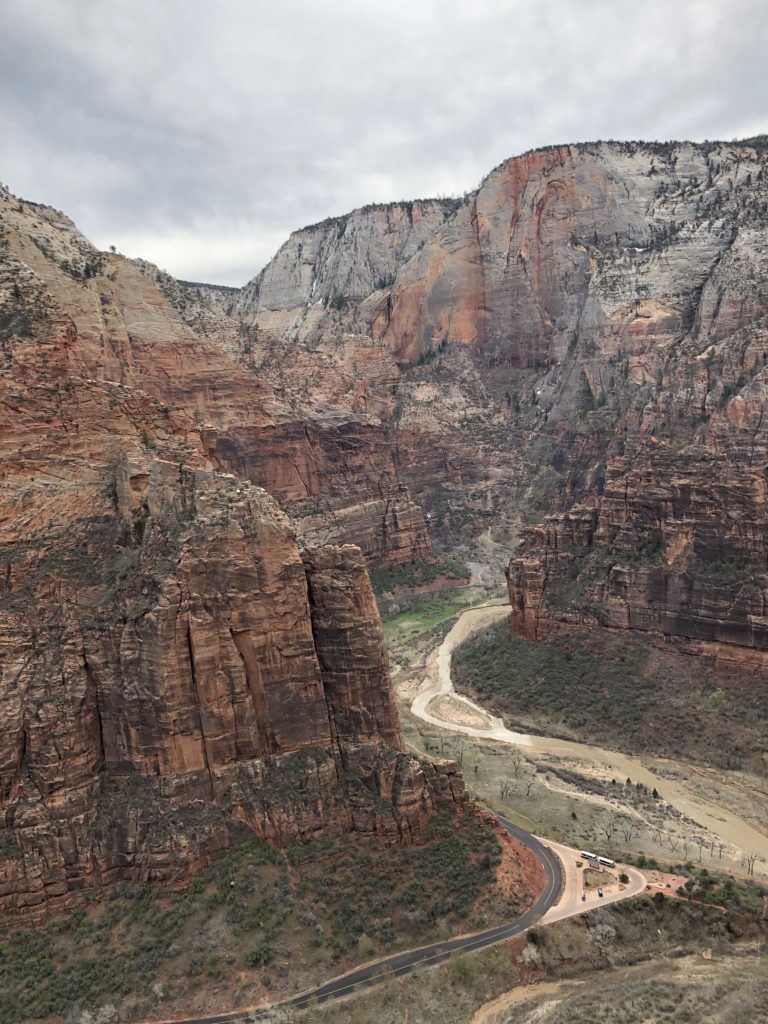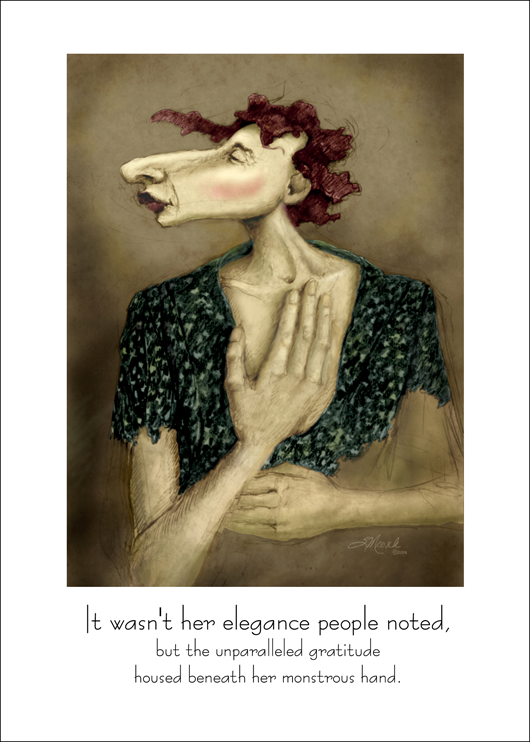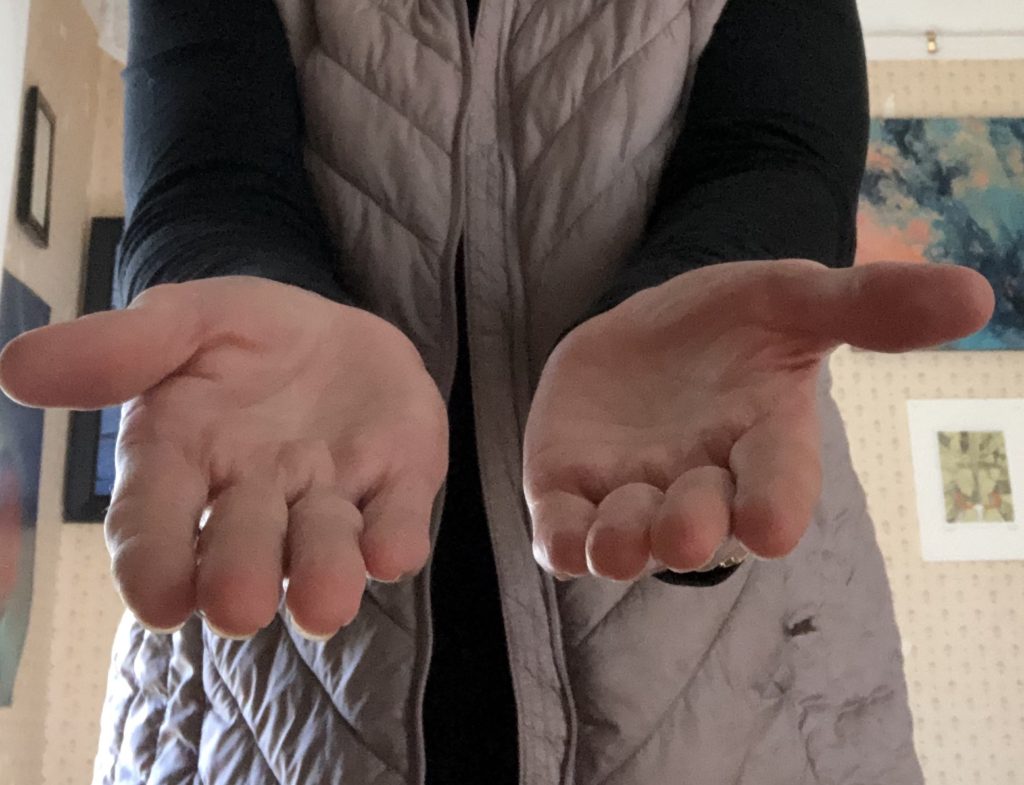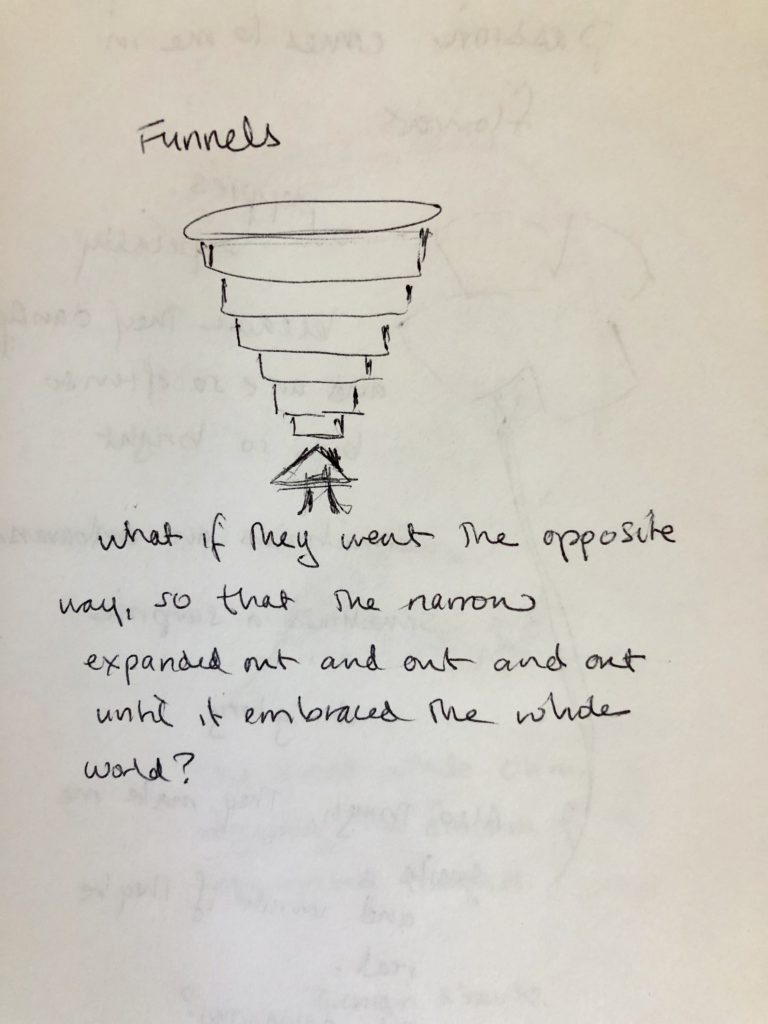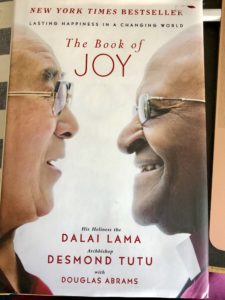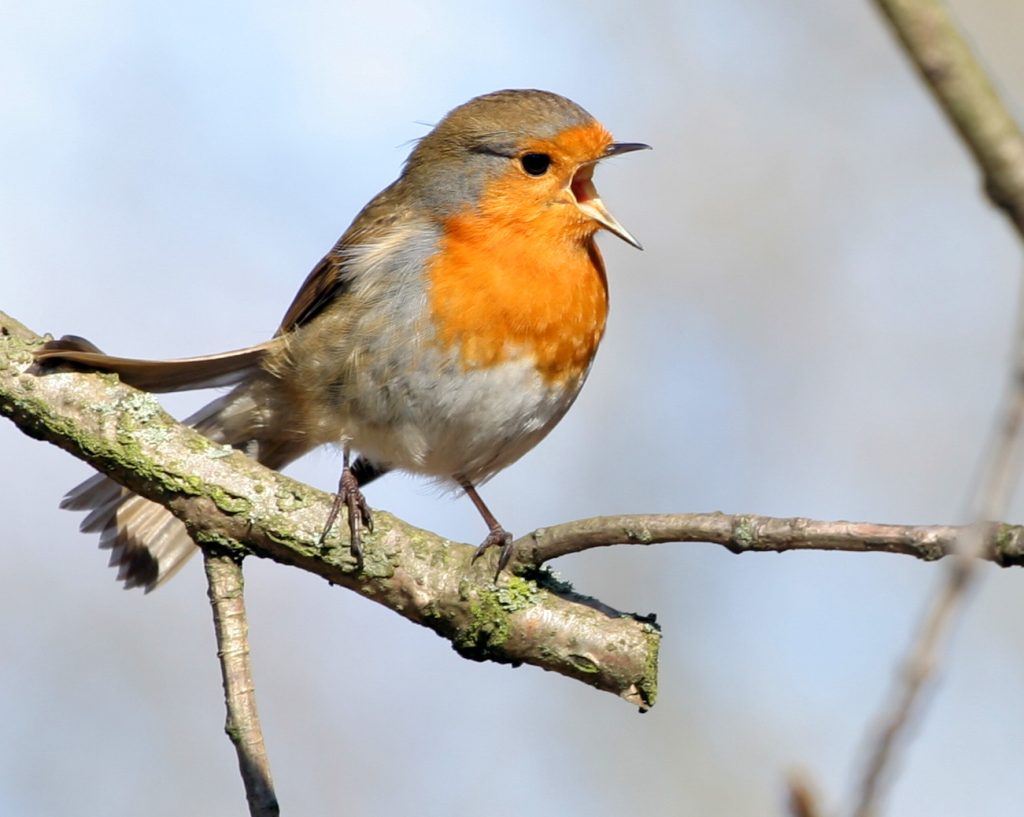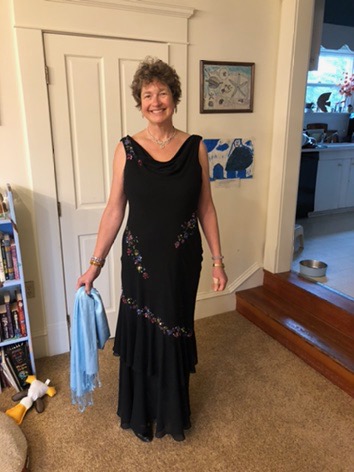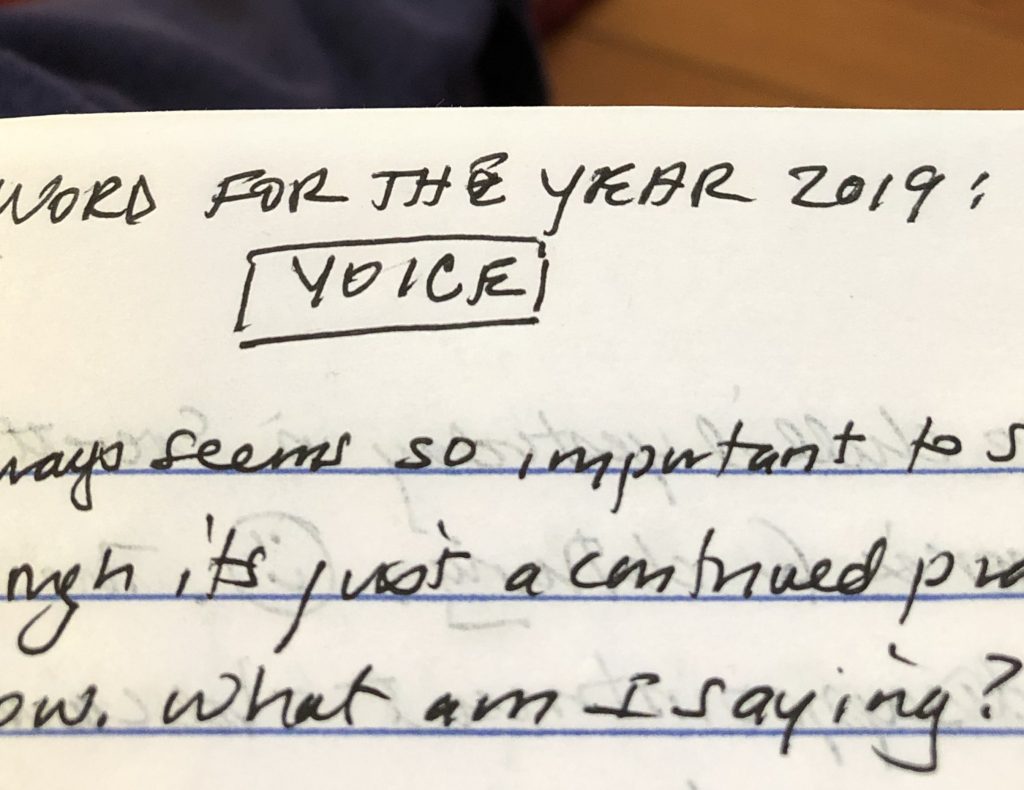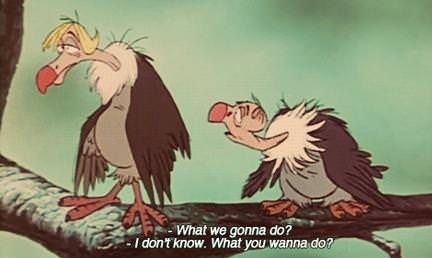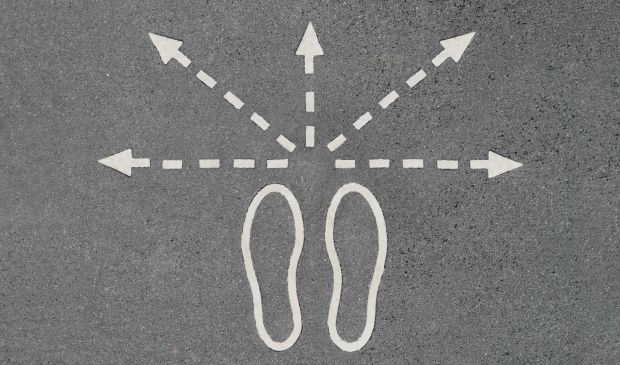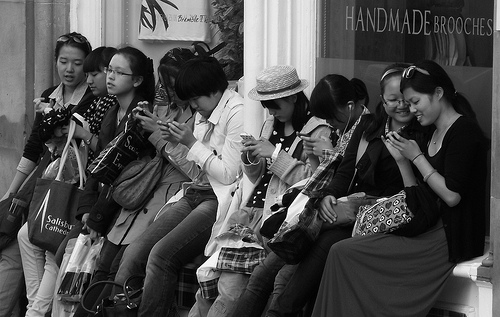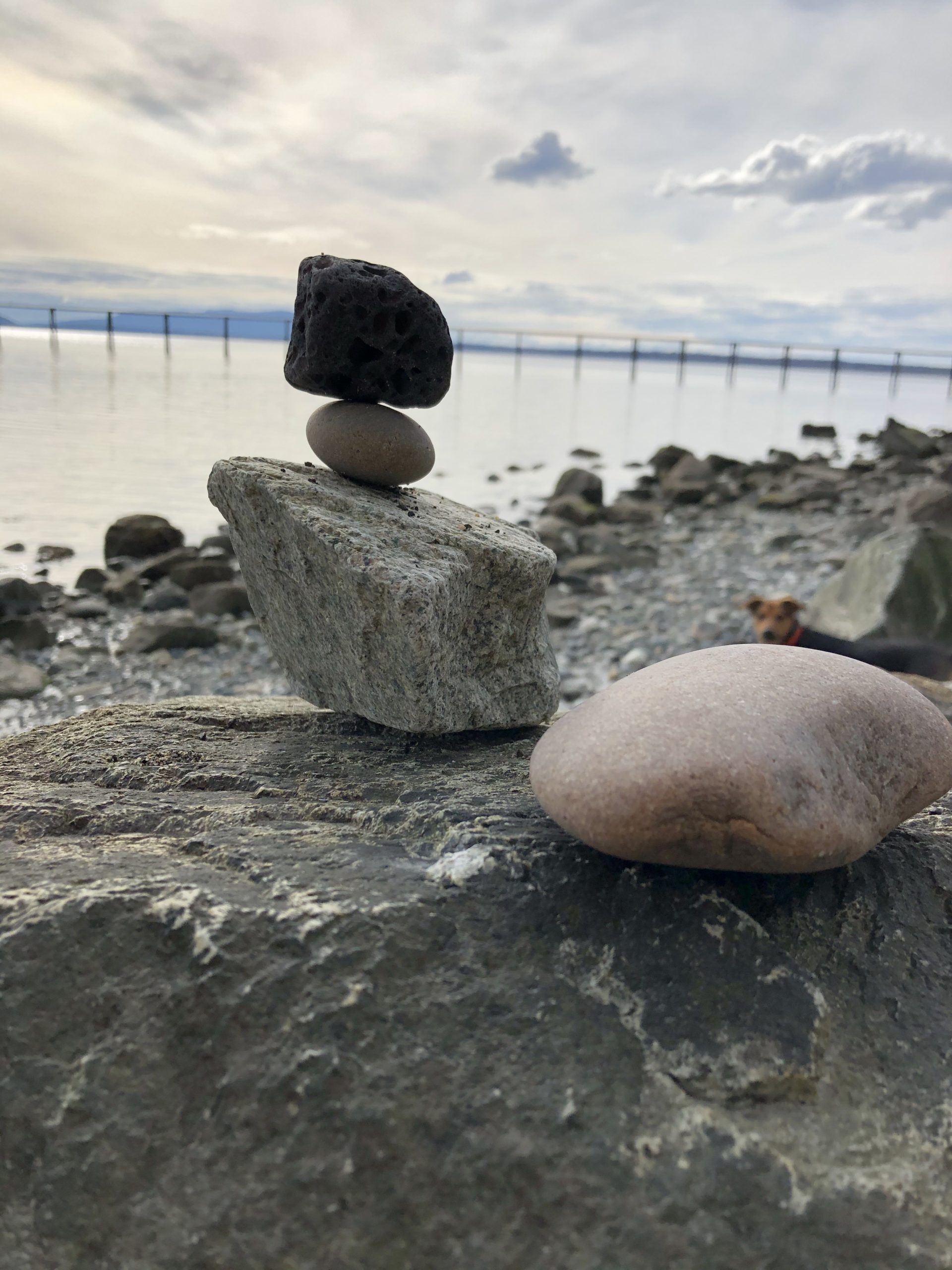 I’ve been seeing a lot of these little cairns placed on my walks–on the beach, in the woods. Many, I think, are created by bored children who need a project when let loose to play without a playground or friends. Many are created by adults for perhaps a similar reason. But I love seeing them. I love seeing these signs of humanity in nature. And it’s a sign that others, like me, seek balance.
I’ve been seeing a lot of these little cairns placed on my walks–on the beach, in the woods. Many, I think, are created by bored children who need a project when let loose to play without a playground or friends. Many are created by adults for perhaps a similar reason. But I love seeing them. I love seeing these signs of humanity in nature. And it’s a sign that others, like me, seek balance.
Of course my life, like yours, has been upturned by the Coronavirus. I receive daily updates on how many in our small city and larger state have the disease, how many have died. We are told the numbers are lower than reality–anyone could be without symptoms, transmitting it. I could be. We are cautioned to self-isolate.
I want to obey my governor’s strictures, but people disagree about what that means. Do I avoid going to the grocery store? Can I still meet a friend for a socially distant dog walk? How far away is 6 feet, really, and why doesn’t that other person move to the side of the path? How frequently should I wash my door knobs? Do I wash my hands even if I haven’t touched anything out of the house? Am I supposed to wear a mask when I leave the house or just when I go into a grocery store? The “shoulds” change daily.
A few weeks ago, not long after this started, I was guided through a Focus therapy exercise by a friend. It’s crazy to think I’ve never had formal therapy before, but it’s true. That morning I woke to a burning in my chest, pressure pushing down there and moving up into my throat. I freaked inside: maybe I had the virus! But then I remembered that this is what it feels like when I have a little panic attack. I’m scared, I realized. And in grief, too, I have since read. I’m afraid I won’t make good decisions. I don’t trust myself to know the answer. I can no longer trust my world. I am no longer in control.
I hate that. I told my therapist friend that I didn’t know how to balance the conflicting drives in me. On one side is my desire to connect with people, to help with threshold singing, which I know in my soul brings comfort to people. To help in other personal ways also. On the other side is my need to be a good girl and follow the rules, to do what is right. To be safe and keep others safe. There are some heavy duty moral dilemmas in the world right now–and I know mine must seem pretty shallow in comparison to what others are suffering. But my friend is wonderful and said nothing remotely dismissive.
“So, when you think about balance, what image comes to your mind?”
Immediately I pictured a teeter totter. “Good,” she said. “Now imagine it next to you, far enough away so you can really see it.”
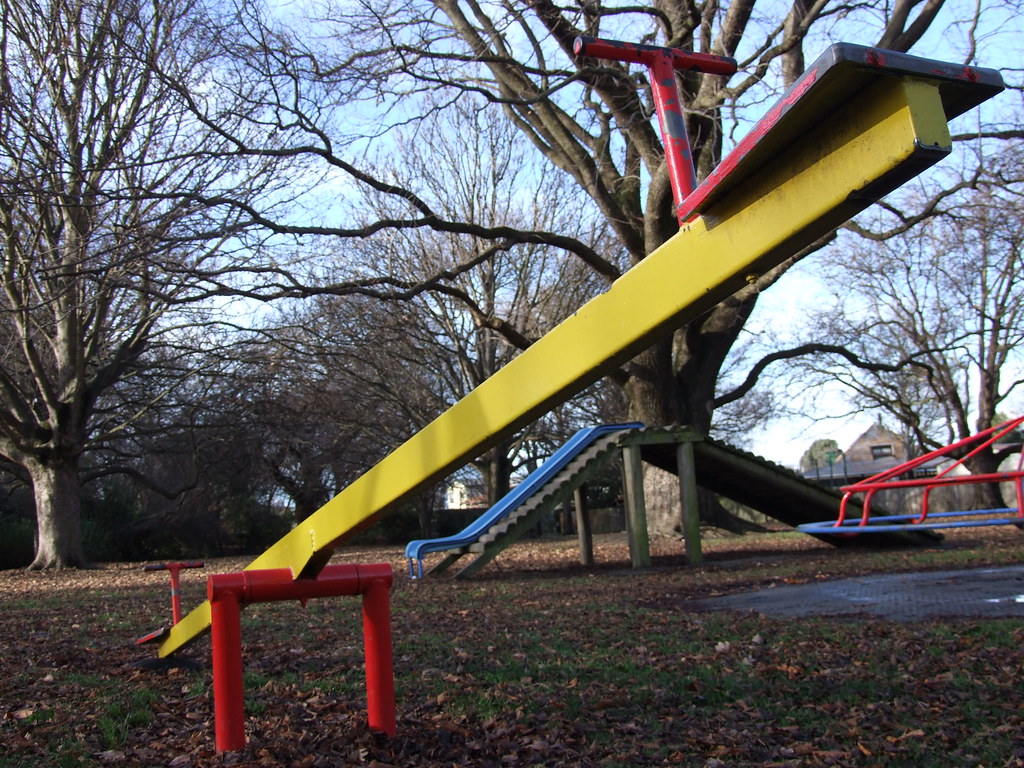
Photo credit: nzgabriel on Visualhunt.com / CC BY
“When you look at it, what comes to you?”
I remember as a kid sitting on teeter totters–seesaws–and the glorious sensation of flying, moving (if I was balanced well with the other person) in a floating sort of dance of up and down–always best when no one crashed to the ground or was thrown off the top. But if it was TOO balanced, it wasn’t much fun either–it got dull pretty quickly, just staying in stasis. And then I thought of the bongo board.

Photo credit: x-ray delta one on Visualhunt / CC BY-NC-SA
Back in the day I was quite good at the bongo board and ended up having to really challenge myself with tricks that put my balance (and ok, safety) at risk–moving my legs together, jumping up around on the board, etc. The best part of any skill is to be good enough to do it and feel some success, but not so good that it’s no longer a challenge. I crave balance, but once I get it, I’m bored!
Life is fun when the balance board is moving–we aren’t rocks, we humans. The coronavirus has put a big challenge on our teeter totter of global humanity. I’m not saying that the virus is a game–no!–but that the challenge of figuring out how to stay UP is … exciting in a way that maybe it hasn’t been for a while. At least not to this privileged white middle class, middle-aged woman from a functional family.
We are all having to re-invent how we do things.
We all seek balance, struggle to find it in different ways. Another friend shared HER two sides artistically:
Life is always a teeter totter, but these days it feels more tottery than usual. I seesaw back and forth between grief and hope, acceptance and fear. I have gratitude vying for attention at the same time I feel swamped with guilt that I am still able to feel gratitude, that I am so blessed. I worry. And yet I also walk outside where my city is bursting with spring beauty and notice things I never noticed before. And I take picture after picture of balancing rocks.
How do you put the teet into your totter?


